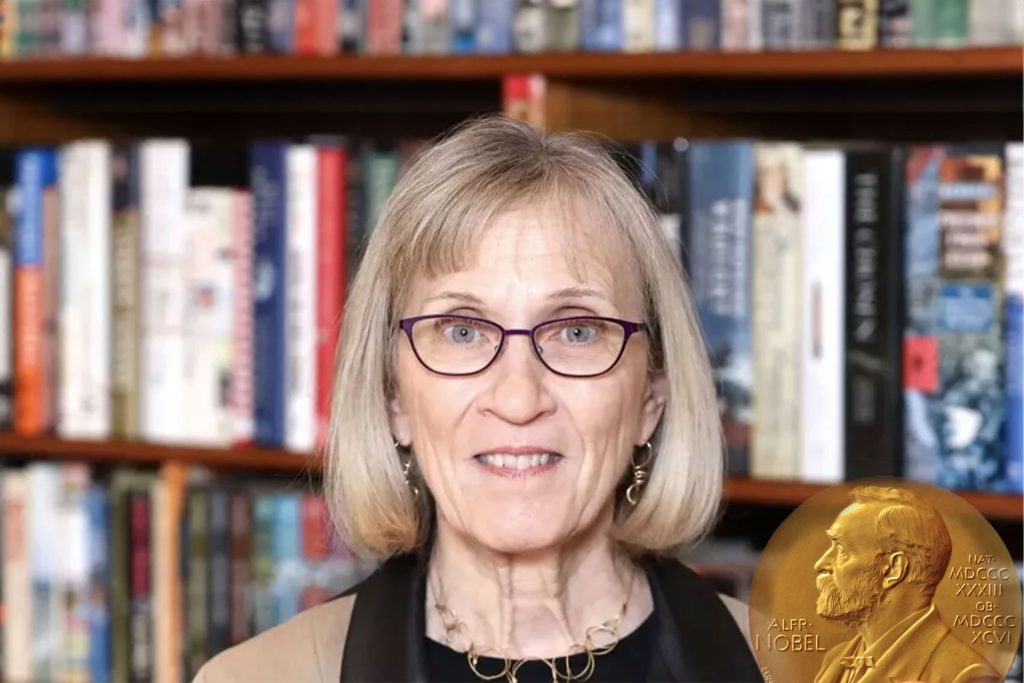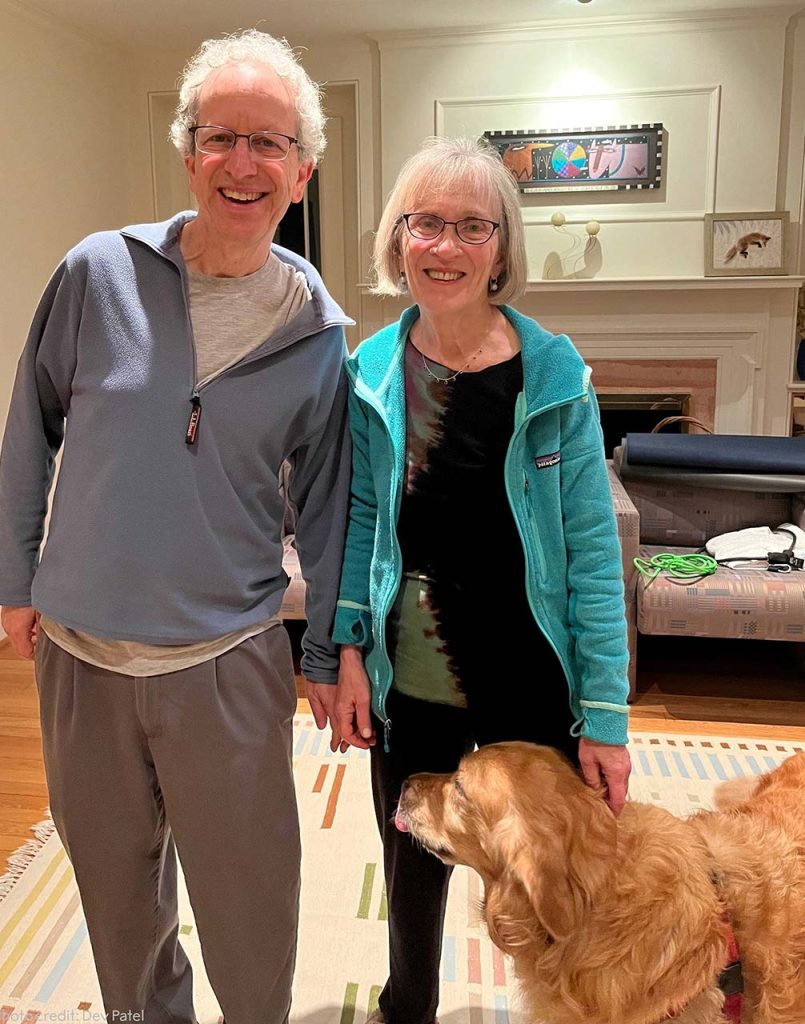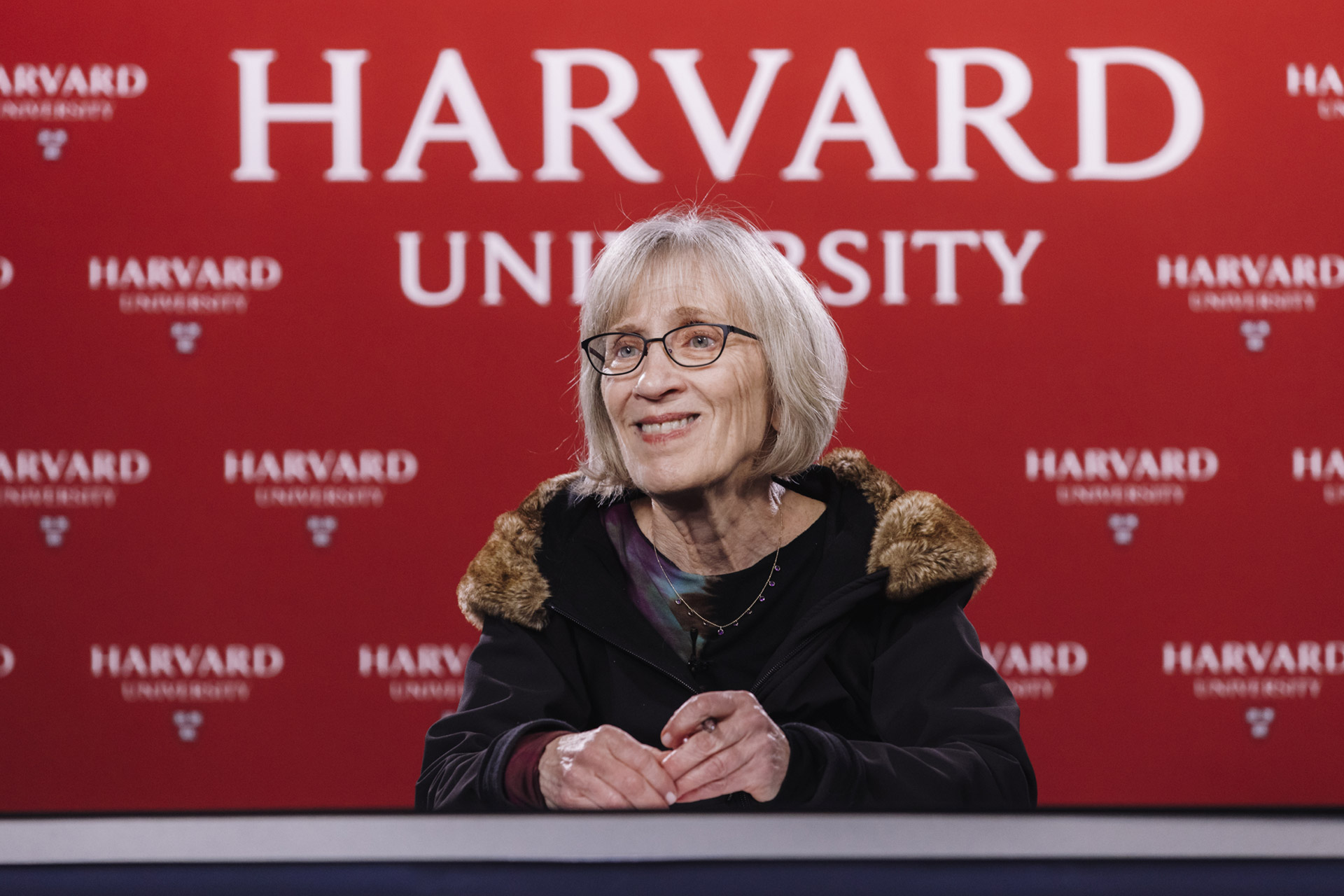
Economic historian Claudia Goldin, who has examined the wage inequality between men and women, has been awarded the 2023 Nobel Prize in Economics. Goldin, who meticulously investigated the 200-year-old archives of the United States like a detective, has made history as the third person to win the award and the first woman to win it on her own.
Claudia Goldin, an economic historian, delved into the gender pay gap issue that men often dismiss as “Not enough information” due to either ignorance or convenience. She was honored with the 2023 Nobel Prize in Economics by the Royal Swedish Academy of Sciences. With the precision of a detective, 77-year-old Claudia Goldin examined the 200-year-old archives of the United States, revealing that the wage gap between men and women is not just a simple difference but an injustice.
Goldin explained the source of the wage inequality between women and men, highlighting that even though 50% of women participate in the labor market, compared to 80% of men, women earn significantly less and struggle to climb the career ladder. Goldin’s book “Gender Gap,” published in 1990, is an important work that delves into the issue of women’s wage inequality in detail. She pointed out that the participation of women in the labor market did not show a continuous increase during the period she studied but formed a ‘U’ shape. This phenomenon is attributed to structural changes in women’s roles related to home and family responsibilities, as well as evolving social norms.
In her 2001 book “Career & Family,” Goldin examined the impact of birth control pills on women’s careers and marriage decisions, as well as the social effects of the surnames women choose after marriage. She also explored why women now make up the majority of university students.
In her first book published in 1976, “Urban Slavery in the American South,” Goldin studied urban slavery in South America, showcasing her as an extraordinary figure. Claudia Goldin, who has made history as the third woman to win the Nobel Prize in Economics and the first to win it on her own, is a character worth closer examination.
Archaeology or Microbiology?
Claudia Dale Goldin was born on May 14, 1946, in the Bronx region of New York, to a Jewish family. Her father, Leon, worked as a data processing manager at Burlington Industries, and her mother, Lucille Rosansky, was the principal of State School 105 in the Bronx.
As a child, Claudia Goldin aspired to become an archaeologist but developed an interest in bacteriology after reading Paul de Kruif’s book “Microbe Hunters” in middle school. While in her final year of high school, she completed a summer program in microbiology at Cornell University. After graduating from Bronx High School, she entered Cornell University to study microbiology.

The Hidden Realities of Economics
Paul de Kruif’s stories unveiled hidden truths in microbiology. Claudia Goldin, who took a class on economics with Alfred Kahn in her sophomore year, used the same method for economics and became fascinated with regulations and industrial organizations. She wrote her master’s thesis on “Regulation of Communication Satellites.”
After graduating in economics from Cornell, Goldin entered the doctoral program in economics at the University of Chicago to study industrial organizations. She initially started her doctoral work in this field but added labor economics to her studies when Gary Becker came to Chicago and later focused on economic history under the guidance of Robert W. Fogel. She wrote her dissertation on slavery in the pre-Civil War cities of the United States. In 1972, she earned her doctoral degree in industrial organization and labor economics from the University of Chicago.
Following her graduate studies, Goldin worked as an assistant professor at the University of Wisconsin in Madison. She later moved to Princeton University in 1973 and then to the University of Pennsylvania in 1979, where she became a tenured professor. In 1990, she joined the economics department at Harvard University, becoming the first woman to receive an offer of a faculty position in the department.
A Devoted Life
Believing in the power of academic research and not shying away from uncharted territories, Goldin also emphasizes the importance of taking initiative in civil society. She has received honorary doctorates from several universities and held positions such as President of the American Economic Association (2013-2014) and President of the Economic History Association (1999-2000). She has been elected as a member of various organizations, including the American Academy of Political and Social Science, the Society of Labor Economists, the Econometric Society, and the American Academy of Arts and Sciences.
Goldin also served as one of the co-directors of the National Bureau of Economic Research’s (NBER) Gender in the Economy working group and directed the NBER’s Program on Development of the American Economy from 1989 to 2017. She has devoted her life to researching and uncovering the roots of ongoing issues, such as women in the labor force, gender wage disparities, income inequality, technological change, child and infant mortality, education, and migration.
Married to Harvard economist Lawrence Katz, Goldin is a devoted Golden Retriever enthusiast. She has cared for many Golden Retriever breed dogs since 1970. Her current dog, Pika, gained fame for her exceptional sense of smell. Pika received excellent training for obedience and currently serves as a therapy dog at a local care facility.
Hans Ellegren, who leads the Royal Swedish Academy of Sciences, attributed Goldin’s modest reaction to winning the Nobel Prize to her humility. It remains a topic of curiosity how Goldin will use the 1 million dollars she won with the award.



